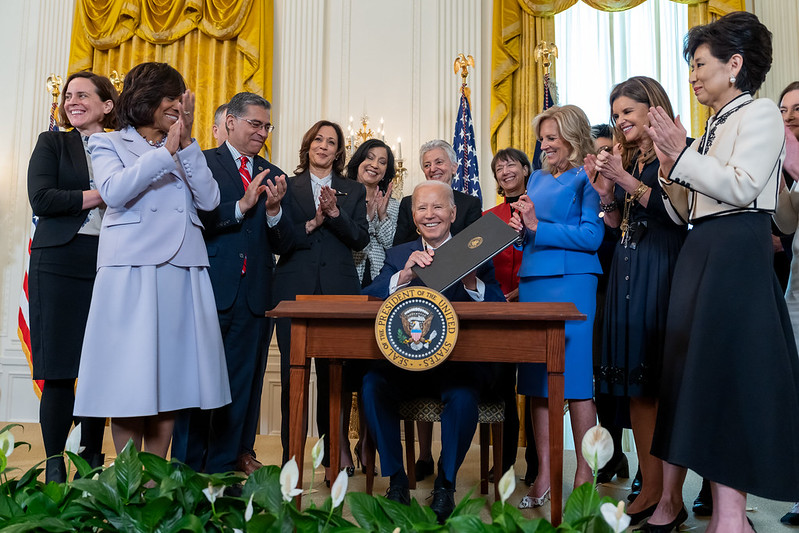 In the complex landscape of U.S. immigration, the O-1A visa stands out as a great option for individuals with extraordinary abilities in fields such as business, sciences, athletics, or education. This visa offers a pathway for highly talented professionals to work in the United States while showcasing their exceptional expertise.
In the complex landscape of U.S. immigration, the O-1A visa stands out as a great option for individuals with extraordinary abilities in fields such as business, sciences, athletics, or education. This visa offers a pathway for highly talented professionals to work in the United States while showcasing their exceptional expertise.
An O-1A visa petition must be supported by documentation showing receipt of a major internationally recognized award, like a Nobel Prize. However, if the applicant has not received such an award, they may still apply if they meet at least three of the following criteria:
- Evidence of receipt of nationally or internationally recognized prizes or awards for excellence in the field.
- Evidence of membership in associations in the field that require outstanding achievements of their members, as judged by recognized experts in the field.
- Evidence of authorship of scholarly articles in the field, in professional journals, or other major media.
- Evidence of published material in professional or major trade publications or major media about applicant’s work.
- Evidence of participation on a panel, or individually, as the judge of the work of others in the field.
- Evidence of employment in a critical or essential capacity for organizations and establishments that have a distinguished reputation.
- Evidence of commanding a high salary or other compensation for services in relation to others in the field.
- Evidence of original contributions of major significance in the field (scientific, scholarly, or business-related).
- Or any comparable evidence to support the beneficiary’s eligibility, if the above criteria are not readily applicable to the occupation.
“Sophia’s” O-1A Journey
In our client’s case, “Sophia” was a Marketing Development professional with over 13 years of experience, creating innovative campaigns for well-known businesses throughout the world.
In support of her O-1A visa, “Sophia,” provided ample evidence to meet more than three of the criteria, including evidence of her leading roles as a marketing professional throughout her career, memberships in prestigious organizations, judging positions in her profession, evidence of high compensation as a marketing professional, recognition in the major media, authorship of scholarly articles, and the exhibition of her work.
While “Sophia’s” immigration journey seemed to go smoothly at first, she ran into some challenges which prompted her to seek representation from our law office. In this blog post, you will learn how “Sophia” was able to bounce back and achieve success after experiencing a few hiccups along the way.
 Visa Lawyer Blog
Visa Lawyer Blog









